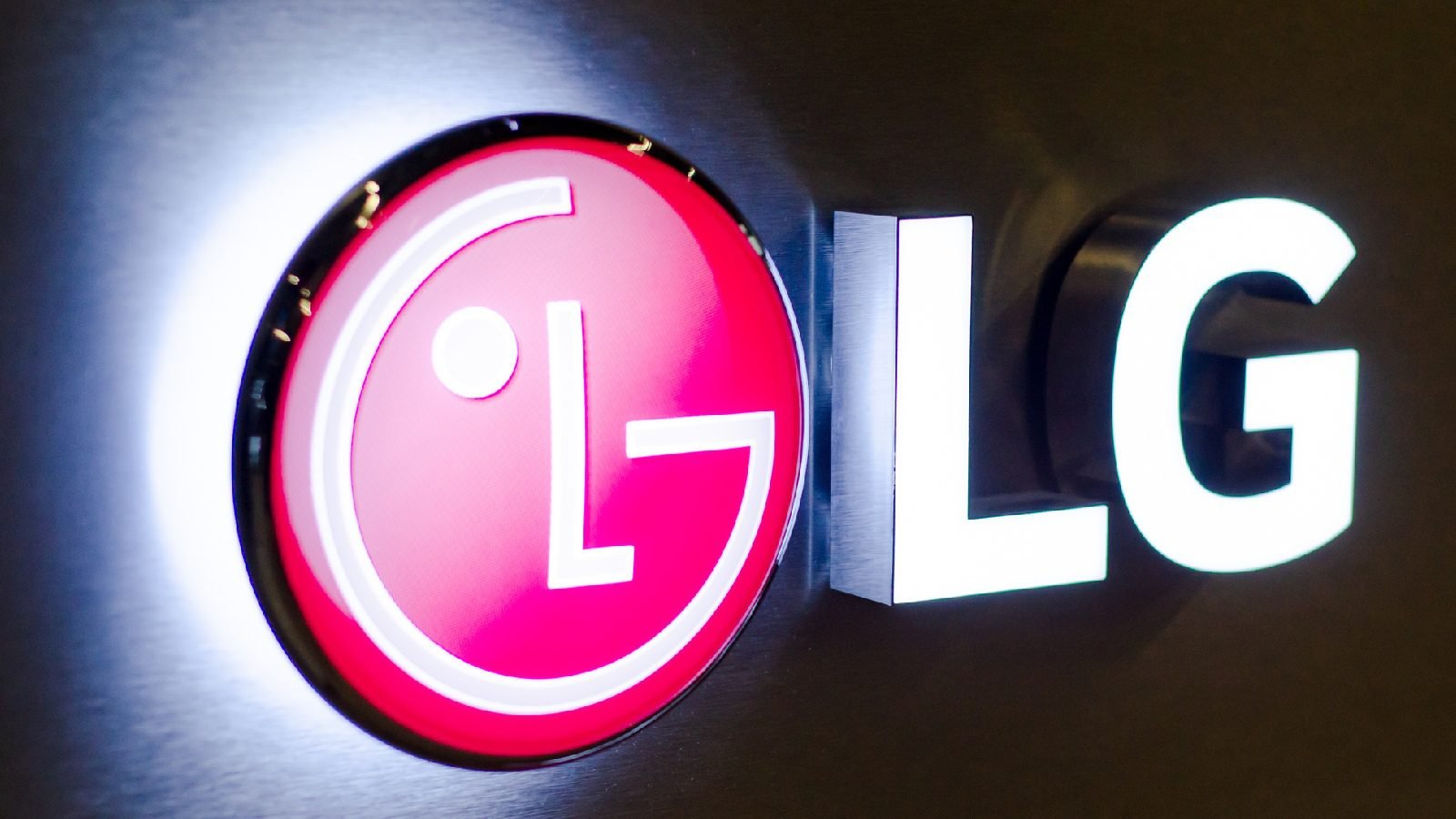In recent years, artificial intelligence (AI) has become a ubiquitous presence in our daily lives, transforming the way we work, communicate, navigate, and striding various industries. In a bid to catch up with this trend, the Korean multinational electronics company LG Electronics has announced a strategic partnership with chipset architect Jim Keller to develop artificial intelligence, AI chips.
The partnership was made known in a statement released by the Canadian AI chip developer, Tenstorrent, that the firm has teamed up with LG Electronics to develop AI and video codec chiplets. According to the statement, LG will utilize AI semiconductor technology in its next-generation premium TVs and high-performance automotive chips.
RISC-V: LG’s AI Chips
Byoung-hoon Kim, the LG Chief Byoung-hoon Kim, said the partnership is just the beginning. LG’s upcoming system-on-a-chip (SoC) products will be more competitive thanks to Tenstorrent’s market-leading AI and RISC-V architecture CPU technology, while Tenstorrent will benefit from LG’s video codec to maintain control over high-performance processors in the data centers market.
Additionally, Kim noted that when the two parties work together, they will begin testing “Chiplets” (a small bare crystal, also known as a small chip), to see if they can serve as a platform for technology cooperation; Tenstorrent and LG will share technology blueprints and continue to look for areas of cooperation.
Who is Chipset Legend, Jim Keller?
Jim Keller is an American chip architecture designer with extensive experience and is best known for his work at AMD and Apple. He joined AMD in 1998 to build the Athlon (K7) processor and led the team to develop the K8. At the same time, he successfully contested Intel’s 64-bit Itanium processor, enabling AMD to achieve first-time growth in the server chip market.
Keller later joined Apple in 2008 to help Steve Jobs realize his objective of not relying on chipmakers by developing the A-series processors for the iPhone. Keller re-joined AMD in 2012 to work on the “Zen” microarchitecture. The first wave of Zen-based AMD processors was announced in 2017, quickly displacing Intel from the market. With this new partnership, the chipset legend is expected to make a remarkable achievement in the industry using AI.
